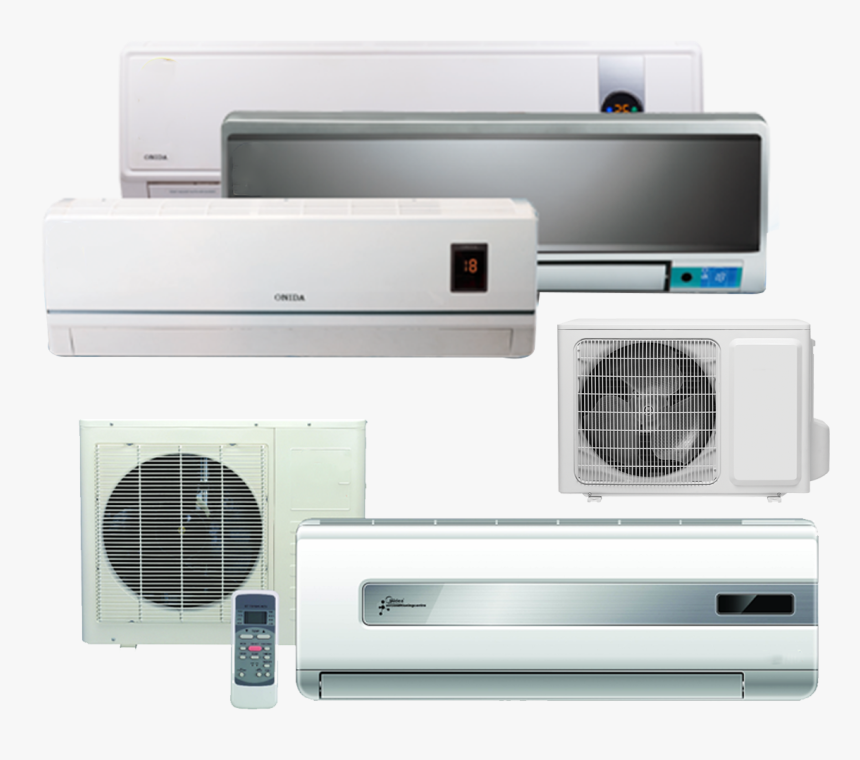Climate Control Chronicles: Your Ultimate Guide to Heating and Air Conditioning
Climate Control Chronicles: Your Ultimate Guide to Heating and Air Conditioning
Blog Article

In today's world, where comfort and convenience are paramount, the importance of effective heating and air conditioning systems cannot be overstated. These systems play a crucial role in maintaining a pleasant indoor environment, regardless of what the weather is like outside. From the chill of winter to the sweltering heat of summer, having a reliable way to control the temperature in your home or office is essential for health, productivity, and overall well-being.
As we delve into the intricacies of heating and air conditioning, we'll explore not just the technology behind these systems, but also the best practices for installation, maintenance, and energy efficiency. Whether you're looking to upgrade your current system or simply wanting to learn more about how to optimize your indoor climate, this guide will provide you with valuable insights and practical tips. Embrace the journey of understanding heating and air conditioning to ensure your space remains a sanctuary, no matter the season.
Understanding Heating Systems
Read More
Heating systems are essential for maintaining comfortable indoor temperatures, especially during the cold months. There are several types of heating systems, each with its unique characteristics and benefits. The most common types include central heating, space heaters, and radiant heating. Central heating systems use a furnace or boiler to warm air or water, distributing heat throughout the home via ducts or pipes. Space heaters provide localized warmth and can be powered by electricity, gas, or propane. Radiant heating, on the other hand, warms surfaces directly, providing a consistent and comfortable heat.
When selecting a heating system, it's important to consider the size of your home, insulation quality, and energy efficiency. A properly sized system ensures that your space is heated evenly without wasting energy. Overly large systems can cycle on and off too frequently, leading to unnecessary wear and increased utility bills. Energy efficiency ratings, like those provided by the Seasonal Energy Efficiency Ratio or the Energy Star label, can also help you choose a system that meets your needs while minimizing environmental impact.
Regular maintenance is crucial for the longevity and effectiveness of heating systems. This includes changing filters, checking for gas leaks, and ensuring that ducts are clean and free from obstructions. Scheduling annual inspections with a qualified technician can help catch any potential issues early, keeping your system running efficiently and safely. Proper care not only prolongs the system's life but also enhances the comfort of your home during the coldest months.
Air Conditioning Basics
Air conditioning is essential for maintaining comfort in both residential and commercial spaces, especially during hot weather. It works by removing heat and humidity from the indoor air, providing a cooler and more comfortable environment. The process begins with refrigerant, which absorbs heat from inside the building and releases it outside, effectively lowering the indoor temperature.
The key components of an air conditioning system include the compressor, condenser, evaporator, and expansion valve. The compressor pumps the refrigerant through the system, while the condenser cools it down after it has absorbed heat. The evaporator, located inside the building, allows the cold refrigerant to absorb heat from the air, while the expansion valve regulates the flow of refrigerant, enabling efficient operation.
Understanding the different types of air conditioning systems is important for making the right choice for your needs. Central air conditioning systems distribute cool air through ducts, while ductless mini-split systems provide targeted cooling without ducts. Portable air conditioners offer flexibility for temporary cooling needs, making them ideal for spaces where permanent installation is not feasible. Each system has its advantages, and selecting the right one can significantly enhance your comfort and energy efficiency.
Energy Efficiency Tips
To enhance the energy efficiency of your heating and air conditioning systems, regular maintenance is essential. Changing air filters every one to three months ensures that the system runs smoothly without overworking. A clean filter allows for better airflow, which can result in lower energy usage and improved indoor air quality. Additionally, scheduling annual professional inspections helps identify any potential issues early on, preventing costly repairs and maintaining optimal performance.
Another effective strategy is to utilize programmable thermostats. These devices allow you to set specific temperatures for different times of the day, which can lead to significant energy savings. For instance, lowering the temperature during the night or when you are away from home can reduce energy consumption without sacrificing comfort. Furthermore, consider investing in smart thermostats that can learn your habits and adjust settings automatically for maximum efficiency.
Lastly, sealing and insulating your home plays a crucial role in energy efficiency. Check for drafts around windows and doors and use weather stripping or caulk to seal any leaks. Proper insulation in attics and walls prevents heat loss in winter and keeps cool air inside during summer months. By improving your home's insulation, you can reduce the workload on your heating and air conditioning systems, ultimately saving on energy bills while maintaining a comfortable living environment.
Report this page